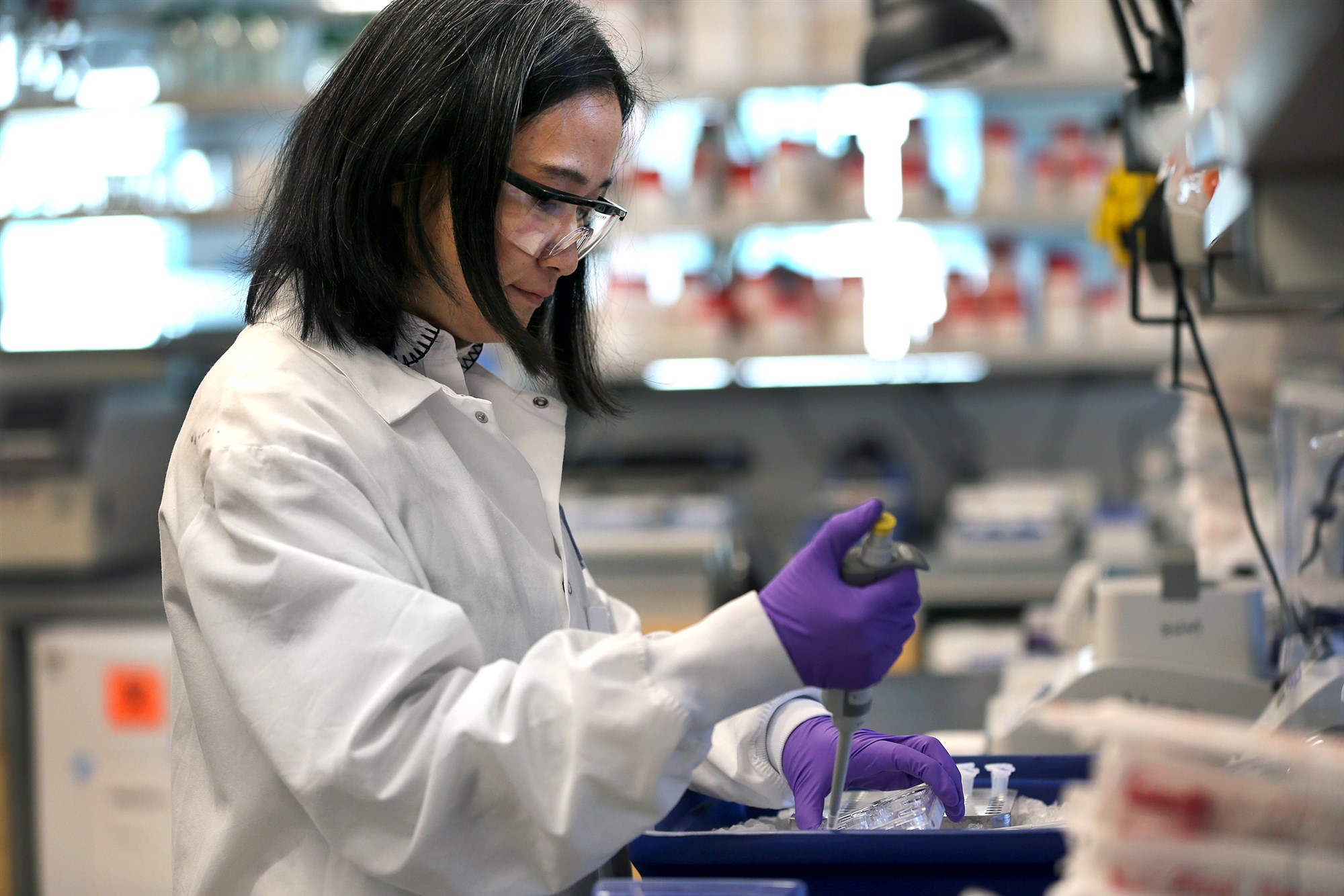Imagine being told to inhale a nasal spray full of the coronavirus. More than 14,000 people in the U.S. and elsewhere are putting their names forward to do so.
They are volunteering for what’s called a “human challenge trial,” an ethically controversial way to test vaccines that would deliberately infect people with a virus that has killed over 270,000 people worldwide and has no cure.
“It’s not every day we give a healthy individual an exposure to a pathogen — the very same thing doctors are trying to protect people from,” said Dr. Nir Eyal, director of the Center for Population-Level Bioethics at Rutgers University. “But it becomes increasingly clear [that] the only sustainable exit from the current health and societal crisis is a vaccine, and there are ways to conduct such a trial that are perfectly ethical.”
A vaccine is society’s ticket back to normalcy — to crowded sports stadiums, birthday parties and visits to elderly loved ones, as well as back to some of the over 33 million lost jobs. But a solution is likely still a year to 18 months away at best, spurring warnings of social distancing until 2022 and a worse second wave this winter.




